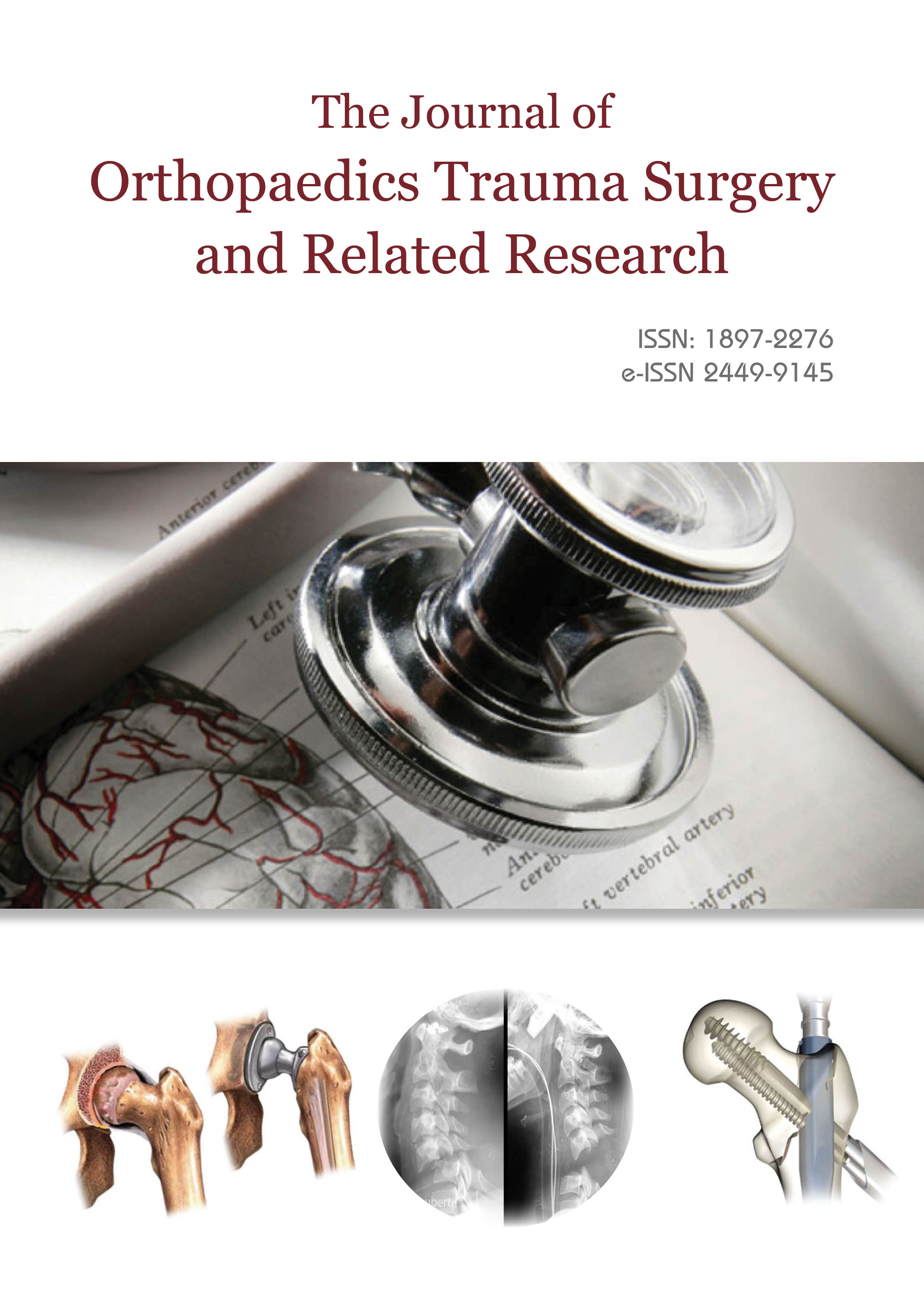Journal of Orthopaedics Trauma Surgery and Related Research

An Official Journal of Polish Society of Orthopaedics and Traumatology
ISSN:1897-2276
e-ISSN: 2449-9145

An Official Journal of Polish Society of Orthopaedics and Traumatology
ISSN:1897-2276
e-ISSN: 2449-9145
Spine pathology or injury and associated surgery influence strongly everyday functioning, often leading to persistent changes in life activity and hence, the spine problems should be considered as biopsychosocial disorders. Information associated with surgery and its context take special place in patient’s awareness and strongly influence treatment outcome. In some patients it may lead to the state of mind called “presurgical mind-mess”. Rather than simple information concerning spine surgery, patients need understandable explanation what will happen to them and what sensations they will experience. Realistic expectations concerning surgery are one of the most essential variables supporting more positive treatment evaluation by patients. Predictors of poor outcome after spine surgery include among others psychosocial risk factors. Together with other variables such as severe medical state or failed treatment, they may lead to development of intractable biopsychosocial disorder. Short evaluation made by psychologist before the surgery let to identify most psychosocial risk factors of poor surgical outcome. Lack of psychological preparation for surgery may be compensated by more complex care of patients in postoperative period. Complete view on patient, that includes pre- intra -and postsurgical period allows to minimize the impact of non-medical factors on spine surgery outcome.
Select your language of interest to view the total content in your interested language
 Journal of Orthopaedics Trauma Surgery and Related Research a publication of Polish Society, is a peer-reviewed online journal with quaterly print on demand compilation of issues published.
Journal of Orthopaedics Trauma Surgery and Related Research a publication of Polish Society, is a peer-reviewed online journal with quaterly print on demand compilation of issues published.